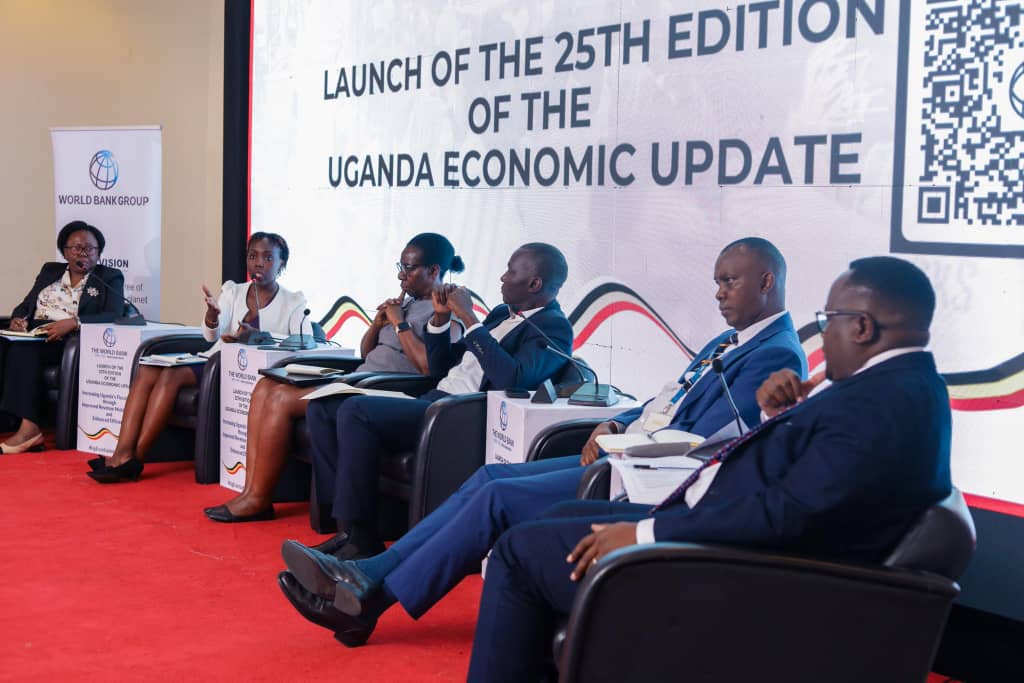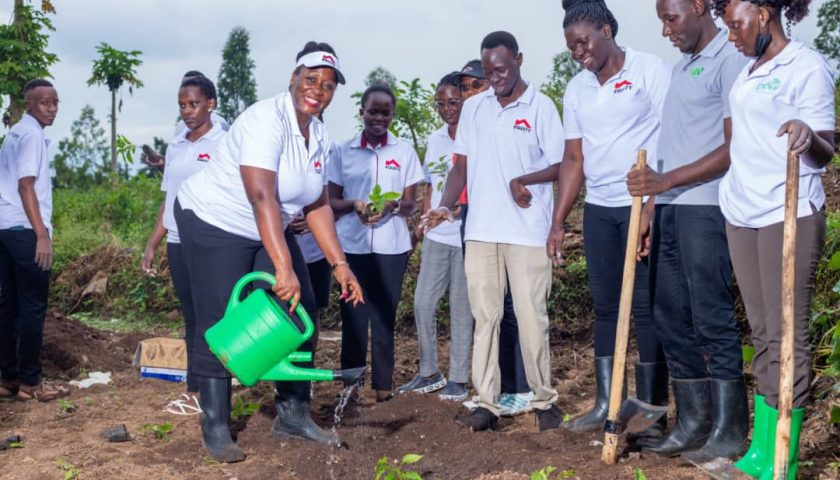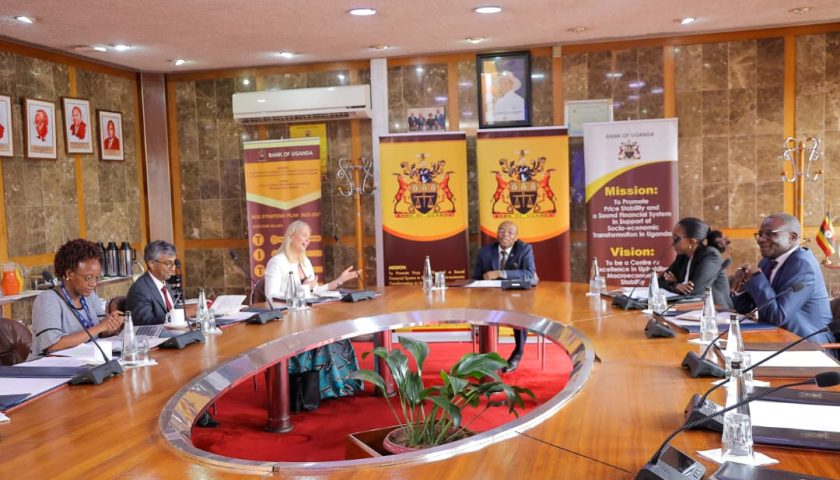On September 30, 2025, the World Bank, in partnership with Uganda’s Ministry of Finance, Planning and Economic Development, launched the 25th edition of the Economic Update for Uganda. The event brought together policymakers, economists, and key stakeholders to review the country’s economic performance and prospects. The launch, themed #UgEconUpdate25, featured insights from prominent figures, including Mr. Cyril Desponts, Senior Economist at the World Bank.
Mr. Desponts highlighted positive developments in Uganda’s tax system, noting that the number of firms filing corporate income tax (CIT) returns increased from 28,948 in FY16 to 43,480 in FY24, a 50 percent growth over nine years. This reflects a growing tax base, which is critical for mobilizing domestic revenue. However, he also pointed out discrepancies in individual tax filings, suggesting gaps in compliance among high-net-worth individuals.
The Economic Update outlined recommendations to strengthen Uganda’s fiscal framework. Key proposals included reforming the PAYE system, better taxing high-net-worth individuals, reevaluating CIT exemptions, improving collaboration between central and local governments, and enhancing taxpayer education. Strengthening partnerships with the banking sector and streamlining audits were also emphasized as ways to improve revenue collection and reduce business compliance costs.
Mr. Patrick Ocailap, Acting Permanent Secretary and State for Treasury, highlighted Uganda’s progress in economic indicators, noting a 23% increase in the Foreign Investment Environment, along with growth in remittances and tourism earnings. He stressed the importance of export diversification, reducing tariff barriers, and safeguarding peace and security to sustain growth.
World Bank representatives reaffirmed their commitment to supporting Uganda across sectors such as health, education, agriculture, and policy reforms. Mr. Qimiao Fan, World Bank Division Director, cautioned about fiscal pressures from debt servicing, which consumes about 28% of tax revenue, and called for prioritizing domestic revenue mobilization to support key sectors and opportunities for Uganda’s young population.
The 25th Economic Update highlights Uganda’s economic resilience, fueled by foreign investment, reserves, and agricultural output, while noting challenges in revenue collection. The report’s recommendations provide a roadmap for policymakers, businesses, and international partners to build a more inclusive and sustainable economy.
As Uganda moves into the next financial year, insights from this Economic Update are expected to guide strategies for economic stability, growth, and development.





